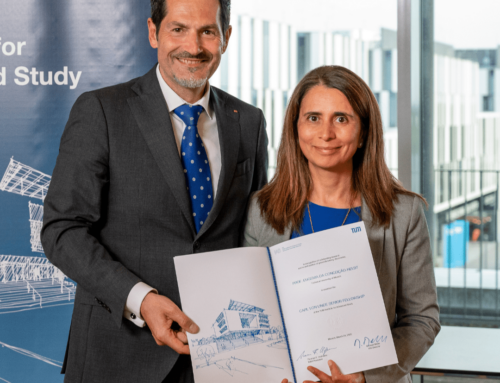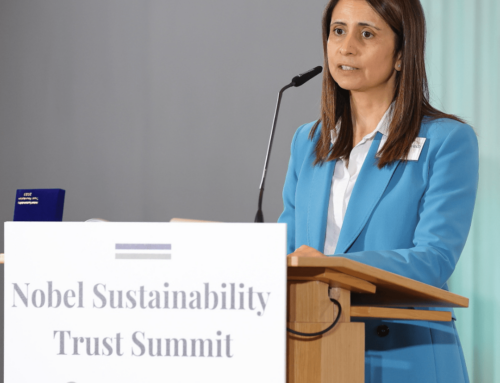Economic dependence as a political weapon
Prof. Henry Farrell, a political scientist at the George Washington University, has been selected as the 2009 winner of the Friedrich Schiedel Prize for Politics and Technology. The Friedrich Schiedel-Stiftung and the Technical University of Munich (TUM) award the prize annually to individuals who have contributed to a deeper understanding of interactions between politics, society and technology.
Henry Farrell is part of a new generation of political scientists whose theories aim to bring about a better understanding of the political consequences of rapid technological change. His recently published study “Weaponized Interdependence” (with Abraham L. Newman) gained considerable attention. It shows how powerful states leverage the dependencies of other states on technologies or other products in political conflicts. An example is the US government order prohibiting US companies from trading communications technology with foreign entities deemed a national security risk. The ban actually targeted Chinese companies. Contrary to long-standing belief, the networks resulting from globalization do not necessarily reduce the power of the state according to Farrell’s theory. Instead states use the links in these networks to exert influence on specific targets.
Studying the politics of the internet
Henry Farrell’s key research areas are the politics of the internet, democracy-related issues, and international and comparative political economy. He has been a professor of political science and international relations at George Washington University in the US capital since 2017. Before that he was a senior research fellow at the Max Planck Institute for Research on Collective Goods in Bonn and an assistant professor at the University of Toronto. He studied political science and German and European studies in Dublin and Washington. Along with academic books and papers, Farrell makes important contributions to public discourse as a frequent contributor to major US and British newspapers.




